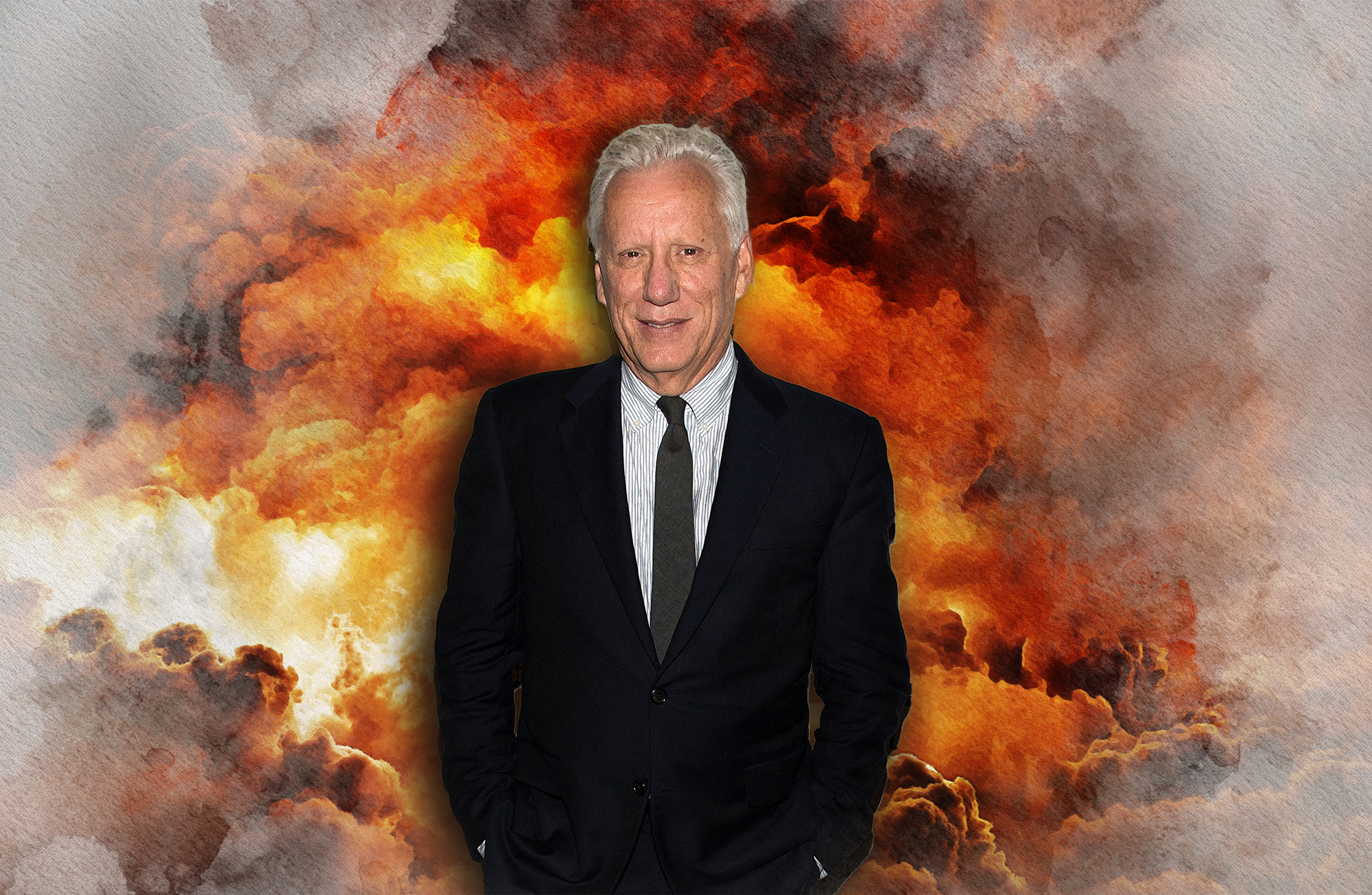Make no mistake about it, Christopher Nolan was the visionary behind “Oppenheimer”—the latest in a lineup of 21st-century masterpieces of his, though this one just may surpass the likes of “The Dark Knight,” “Inception,” and “Interstellar” as the director’s very best.
But even he would attest that sometimes, you get by with a little help from some of the more unlikely friends you’ve made along the way.










